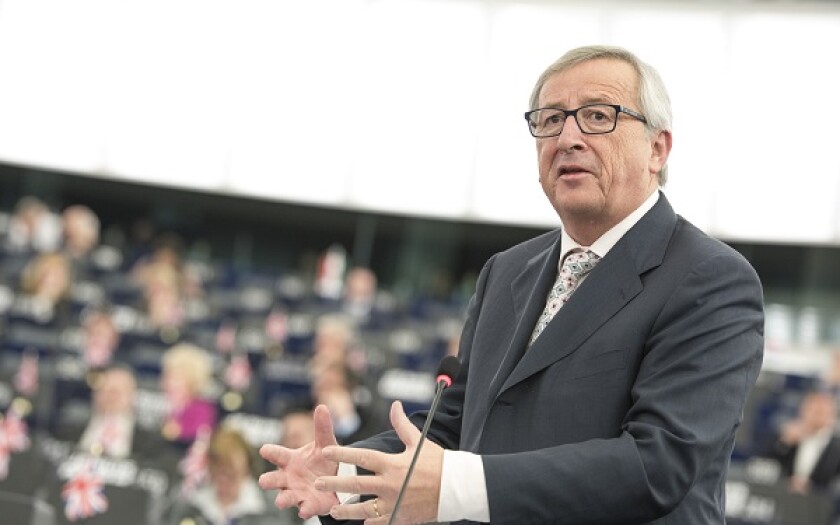The commission hopes to determine whether the tax rulings granted the Finnish company an ‘undue’ advantage under EU state aid law. If this is the case, the company may become the latest multinational to face a hefty bill in back taxes.
A major business on the Helsinki Stock Exchange, Huhtamäki is worth $3.8 billion and packages everything from fast food to pharmaceutical products. Although the global packaging company has its headquarters in Finland, the multinational has subsidiaries in Ireland and Luxembourg.
The tax rulings concerned the company’s tax treatment in light of interest-free loans made from its Irish inter-group finance company to its Luxembourg subsidiary Huhtalux. The Luxembourg tax authority granted Huhtalux a tax deduction as if it had paid interest on the loan; except it hadn’t paid any interest.
The EU claims allowed the company’s Luxembourg subsidiary to “unilaterally deduct from its taxable base fictitious interest payments for the interest-free loans it receives”. This arrangement dates back to tax rulings in 2009, 2012 and 2013.
Huhtamäki stressed that it is the Luxembourg subsidiary that is being investigated and not the parent company. “The structure in question is legal and approved by tax authorities, and was not set up to gain [an] unfair competitive advantage in Europe,” the company said.
The first tax ruling became public knowledge in the 2014 leaks of PwC Luxembourg documents, the so-called ‘LuxLeaks’ scandal, which disclosed 546 tax deals in the country. About 200 of these cases concerned businesses and inter-group financing.
Such tax deals are not a problem under EU state aid law if they comply with all relevant tax legislation. The problem is when a company gets special treatment over its rivals in the single market. This is about much more than allegations against any one
The Luxemburg Ministry of Finance
The Huhtalux case is just one of a series of ongoing in-depth investigations, two concerning Dutch tax rulings granted to Inter IKEA and Nike, as well as a probe into a UK tax scheme for multinationals. This may just be the beginning of a new saga in EU state aid cases.
State aid cases
Since he became president of the European Commission, Jean-Claude Juncker has since presided over the EU crackdown on corporate tax avoidance. European Commissioners Pierre Moscovici and Margarethe Vestager have led the charge in this battle.
Yet it was none other than Juncker who signed off on many of these tax deals during his 18 years as Luxembourg’s prime minister. “Fiscal law was always respected,” he told the European Parliament in 2014. “No illegal practice is known to me.”
“Everything that was done was in compliance with national legislation and international rules,” Juncker said.
The European Commission has concluded similar cases in Luxembourg, the Netherlands
October 2015: The commission found that Luxembourg and the Netherlands granted undue advantages to Fiat and Starbucks respectively. The Dutch government recovered €25.7 million in back taxes and Luxembourg claimed back more than €23 million.
January 2016: Belgium granted unfair advantages to 35 multinationals in a tax scheme, the commission found. Yet the General Court of the European Union annulled this decision was annulled in February 2019. The European Commission is considering its next move.
August 2016: The commission ruled that Ireland gave undue tax benefits to Apple in violation of state aid law. The Irish government recovered €14.3 billion.
October 2017: Luxembourg was forced to recover €282.7 million from Amazon after the European Commission found it had granted the platform illegal state aid.
June 2018: Luxembourg granted an undue tax advantage to
September 2018: In the case of McDonald’s in Luxembourg, the European Commission found that the non-taxation of the multinational was in line with the Luxembourg-US double tax treaty and therefore did not constitute illegal state aid.
December 2018: The commission found that Gibraltar had given an undue advantage to several multinationals through a tax exemption scheme and five tax rulings. The recovery procedure is ongoing.
TP Week expects there are many more cases to follow. The European Commission has plenty of unfinished business in its mission to rid the single market of illegal state aid.











